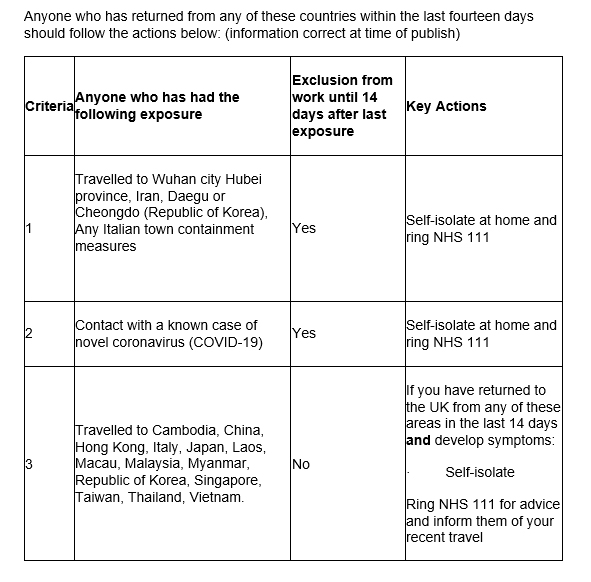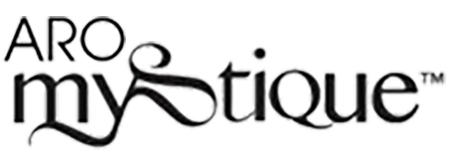COVID-19: guidance for Public
Guidance issued by Bradford City Council
Bradford District is open for business as always and continues to welcome people from far and wide.
Bradford Council services are working closely with Public Health England and the NHS and are well-prepared to deal with coronavirus and the priority is to safeguard local communities, which sometimes involves taking preventative measure to help reduce the risk of further cases.
1. Background and scope of guidance
This guidance will assist community groups in providing advice on:
- the novel coronavirus, COVID-19
- how to help prevent spread of all respiratory infections including COVID-19
- what to do if someone with suspected or confirmed to have COVID-19 has been in the community setting
- what advice to give to individuals who have travelled to specific areas, as outlined by the Chief Medical Officer (full list is available here)
- advice for the certification of absence from work resulting from COVID-19
2. Information about the virus
A coronavirus is a type of virus. As a group, coronaviruses are common across the world. COVID-19 is a new strain of coronavirus first identified in Wuhan City, China in January 2020.
The incubation period of COVID-19 is between 2 to 14 days. This means that if a person remains well 14 days after contact with someone with confirmed coronavirus, they have not been infected.
3. Signs and symptoms of COVID-19
The following symptoms may develop in the 14 days after exposure to someone who has COVID-19 infection:
- cough
- difficulty in breathing
- fever
Generally, these infections can cause more severe symptoms in people with weakened immune systems, older people, and those with long-term conditions like diabetes, cancer and chronic lung disease.
4. How COVID-19 is spread
From what we know about other coronaviruses, spread of COVID-19 is most likely to happen when there is close contact (within 2 metres or less) with an infected person. It is likely that the risk increases the longer someone has close contact with an infected person.
Respiratory secretions produced when an infected person coughs or sneezes containing the virus are most likely to be the main means of transmission.
There are 2 main routes by which people can spread COVID-19:
- infection can be spread to people who are nearby (within 2 metres) or possibly could be inhaled into the lungs.
- it is also possible that someone may become infected by touching a surface, object or the hand of an infected person that has been contaminated with respiratory secretions and then touching their own mouth, nose, or eyes (such as touching door knob or shaking hands then touching own face)
There is currently little evidence that people who are without symptoms are infectious to others.
5. Preventing spread of infection
There is currently no vaccine to prevent COVID-19. The best way to prevent infection is to avoid being exposed to the virus.
Public Health England (PHE) recommends that the following general cold and flu precautions are taken to help prevent people from catching and spreading COVID-19:
- cover your mouth and nose with a tissue or your sleeve (not your hands) when you cough or sneeze. See Catch it, Bin it, Kill it
- put used tissues in the bin straight away
- wash your hands with soap and water often – use hand sanitiser gel if soap and water are not available. See hand washing guidance
- try to avoid close contact with people who are unwell
- clean and disinfect frequently touched objects and surfaces
- do not touch your eyes, nose or mouth if your hands are not clean
If you are worried about symptoms, please call NHS 111. Do not go directly to your GP or other healthcare environment.
Face masks for the general public are not recommended to protect from infection, as there is no evidence of benefit from their use outside healthcare environments.
Those currently most at risk are travellers from affected countries. Recent travellers from high risk countries should self-isolate, even if they feel well and have not got any symptoms, and call NHS 111 to inform of recent travel. They should go home or to their destination and then self isolate. Please see chart below for countries affected.
As more cases are confirmed in the UK, it will be announced by the Chief Medical Officer of the affected country.
Useful Links & Info:
- For more information and advice on coronavirus (COVID-19)
Public Health England: https://publichealthmatters.blog.gov.uk/2020/01/23/wuhan-novel-coronavirus-what-you-need-to-know/
Videos with advice to prepare and stay healthy:
What can people do to protect themselves and others from getting
the new coronavirus:
https://youtu.be/bPITHEiFWLc
Effective hand washing by the food standard agency
https://youtu.be/VyIx2K2vhKI


Harry
I hope our customers and visitors will find our topical and relevant blog articles useful.
We welcome comments and suggestions, but please keep all comments clean and civil in order to pass through the moderators!
Gravatar.